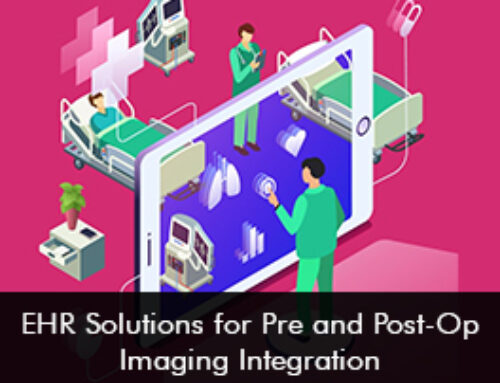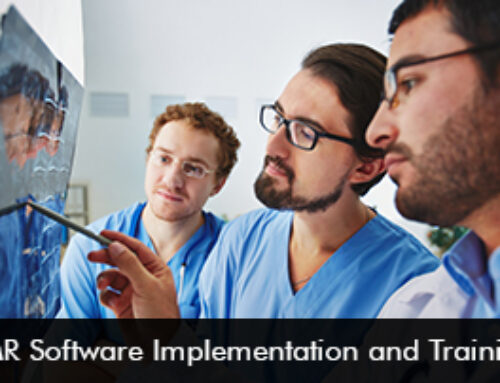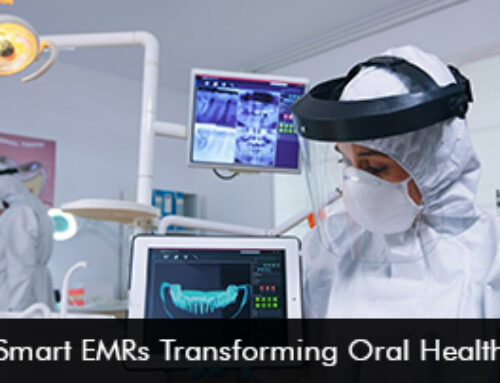With over 600 vendors selling EMR, EHR and PM software systems, it’s not easy to choose the right Electronic Medical Records (EMR) software for your practice. Each practice has its own unique requirements, many healthcare providers use different criteria to narrow down the list of EHR software vendors.
EMRSystems has prepared a list of criteria that you should keep in mind when choosing an EMR software system for your practice.
EMR Software ONC Certification
All healthcare providers want to ensure that their EMR software system qualifies for federal EHR incentive payments under the 2009’s American Recovery and Reinvestment Act (ARRA). These EMR incentive payments require care providers to make Meaningful Use (MU) of their EMR software system accredited by the approved certification authority.
Accreditation of EHR software systems is done by the Office of the National Coordinator for Health IT (ONC) Authorized Certification Body (ONC-ATCB). There are a total of 6 such certification bodies, with Drummond Group, Inc. and the Certification Commission for Health Information Technology (CCHIT) being the most famous. EMR software systems do not have to be certified at the time of implementation, however, they will need to be qualified to receive EHR incentive payments.
Size of the Practice & its Specialty
Choosing Electronic Health Records (EHR) and Practice Management (PM) software based on the workflows and requirements of your practice is extremely important because these workflows and requirements vary for different medical specialties. For example, Dermatology practice and a Cardiology Practice will require different features and functionalities from their EMR software. That is why you should always choose an EHR software that is suitable for your practice.
EMR Systems needs can also vary depending upon the size of your practice, as well as on client population. That is why you should look for EMR/EHR vendors with experience in practices with requirements and characteristics similar to your own, to get the best medical software system.
Web-Based or Cloud-Based EMR Software
EMR software systems are implementation is either web-based or cloud-based or server based. You should choose EHR software with the system’s design that fits your medical practice.
EHR software systems can be built using an onsite computer server, some healthcare providers prefer this option, because they feel more comfortable meeting their HIPAA security regulations when they are in control of the underlying data and storage systems. But the problem is that a client /server based system requires providers to maintain and upgrade these systems as needed to keep them fully functional and this cost a lot.
Web or Cloud-based EMR software are also known as Software-as-a-Service (SaaS) systems. In these EMR software systems, security provisioning and system maintenance is assumed by the SaaS software vendor. Most of the healthcare providers prefer that these tasks are taken care of remotely. But you should always choose the system that suits your practice and its requirements.
Other Features & Functionalities
One of the most common EMR software feature that is demanded by healthcare providers is the automatic transcription of medical notes since it can be significantly faster than typing. Meaningful Use (MU) includes a Stage-1 requirement. Many medical service providers find it easiest to dictate data using a transcription system and conclude an office visit by handing the patient a hard copy of the clinical summary or electronically transmitting it to them using e-Prescribing EMR Software.
Installation, setup, training and maintenance costs should also be kept in mind when choosing an EMR software for your healthcare practice. If you keep all the above-mentioned criteria in mind, only then you will be able to choose the right EMR software system for your healthcare medical practice.







